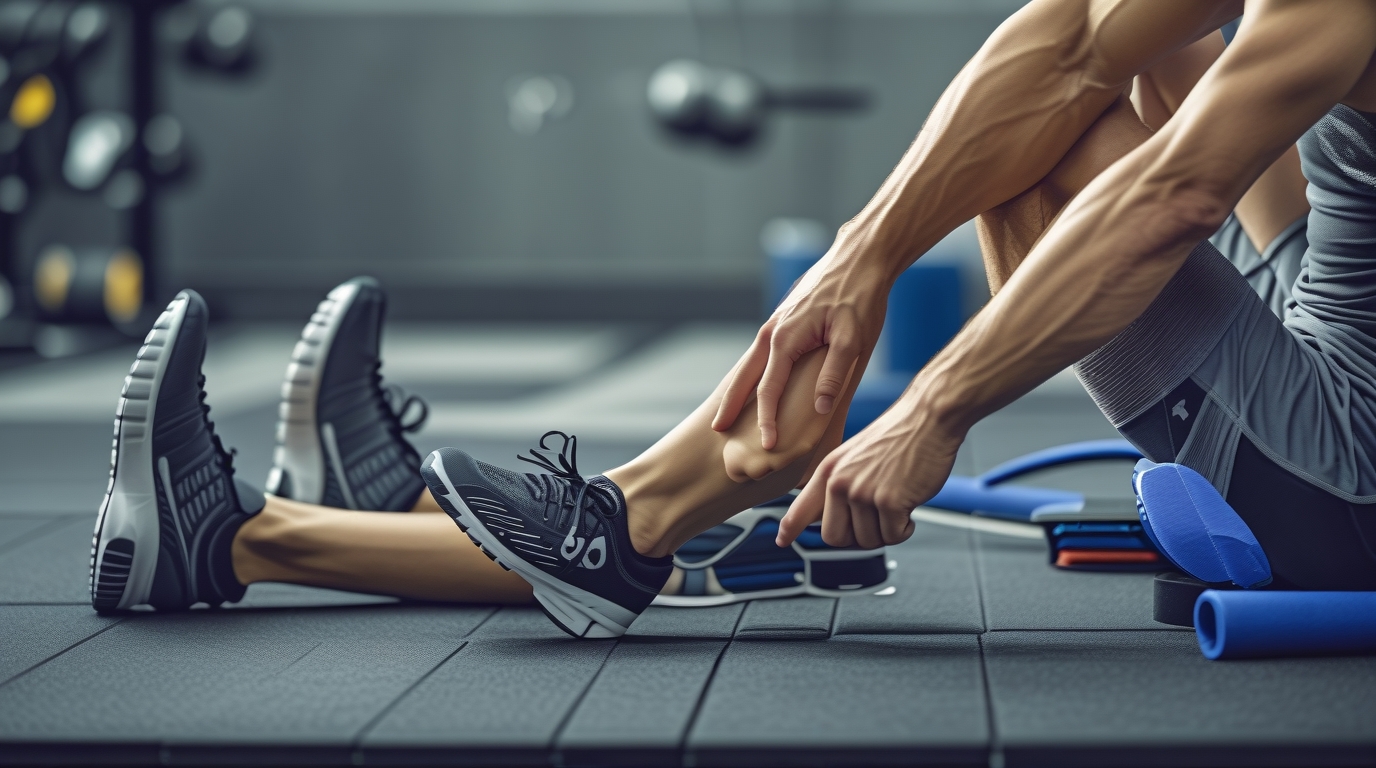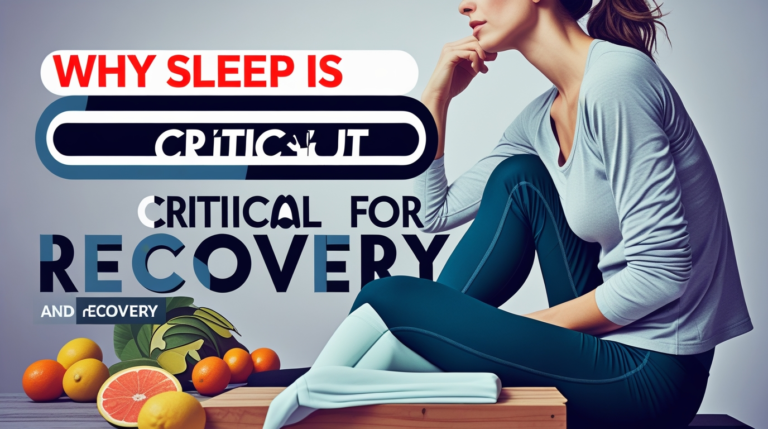Sleep is a powerful tool in workout recovery, yet it’s often overlooked by fitness enthusiasts. The relationship between sleep and physical activity goes beyond mere rest—adequate sleep is fundamental to reaching your peak physical performance. In today’s fast-paced world, understanding this relationship is more important than ever. This blog post will explore why sleep is critical for workout recovery and provide valuable insights on how you can optimize sleep to enhance your fitness journey.
The Science of Sleep and Recovery
The Role of Sleep in Muscle Repair
During sleep, your body enters a remarkable state of repair and growth. The physical exertion from exercising causes muscle fibers to break down, prompting your body to repair and rebuild these tissues. This process largely occurs during the two main stages of sleep: slow-wave sleep (SWS) and rapid eye movement (REM) sleep. Slow-wave sleep is the deepest sleep stage where the release of growth hormone peaks, aiding in muscle recovery and growth. Meanwhile, REM sleep helps restore mental clarity, ensuring you’re ready for another workout session.
For comprehensive content on optimizing your muscle-building regimen, check out our article on the best exercises for muscle growth.
The Impact of Sleep Deprivation on Fitness
Lack of sleep can significantly hinder your workout performance. Studies have shown that sleep-deprived individuals experience reduced strength, speed, and endurance. Sleep deprivation affects the body’s ability to metabolize glucose, which is critical for energy during exercise. Without adequate rest, you’re also more prone to injuries and prolonged recovery times, both of which set back your fitness progress.
Strategies for Enhancing Sleep for Better Recovery
Building a Sleep-Friendly Environment
Creating an environment that promotes quality sleep is crucial to optimize recovery. Ensure your bedroom is cool, dark, and quiet to facilitate faster sleep onset and deeper rest. Consider using blackout curtains or eye masks to eliminate light, and incorporate white noise machines to drown out disturbances.
A vital part of recovery is making rest a priority. For further tips, visit our guide to improving sleep hygiene.
Establishing a Consistent Sleep Routine
Building a consistent sleep schedule is essential. Go to bed and wake up at the same time each day, even on weekends. A regular routine regulates your body’s internal clock, helping you fall asleep more easily and experience genuine rest.
Incorporate relaxation techniques like meditation or gentle yoga stretches before bed to unwind the mind and body, preparing you for restful slumber.
Nutrition and Sleep: The Recovery Connection
The Influence of Diet on Sleep Quality
Your dietary choices can either enhance or impair your sleep. Consuming caffeine or sugar too close to bedtime can disrupt your ability to fall and stay asleep. Instead, opt for foods rich in tryptophan, magnesium, and melatonin to support your sleep cycle. Complex carbohydrates, nuts, seeds, and warm milk are excellent pre-sleep snacks that promote restful slumber.
Hydration and Its Role in Recovery and Sleep
Staying hydrated is crucial for both recovery and sleep. Dehydration can lead to muscle cramps and elevated heart rate, impairing your ability to achieve a restorative sleep cycle. Ensure you’re drinking enough fluids throughout the day but especially after workouts to replenish lost electrolytes.
Key Takeaways
Prioritizing sleep is essential for optimal workout recovery and overall performance. Understanding the stages of sleep and their impact on muscle repair can help you better appreciate the role of sleep in fitness. Implementing strategies like maintaining a sleep-friendly environment and adhering to a consistent schedule can enhance your rest, leading to more significant fitness gains. Furthermore, your nutrition and hydration habits play a pivotal role in the quality of your sleep, thus directly influencing your recovery process.
For more insights into balancing fitness and lifestyle, take a look at our comprehensive guide to holistic wellness.
Embrace the power of sleep to unlock your full athletic potential. Share your thoughts in the comments below, and don’t forget to subscribe for more tips on achieving your fitness and wellness goals!


Leave a Comment